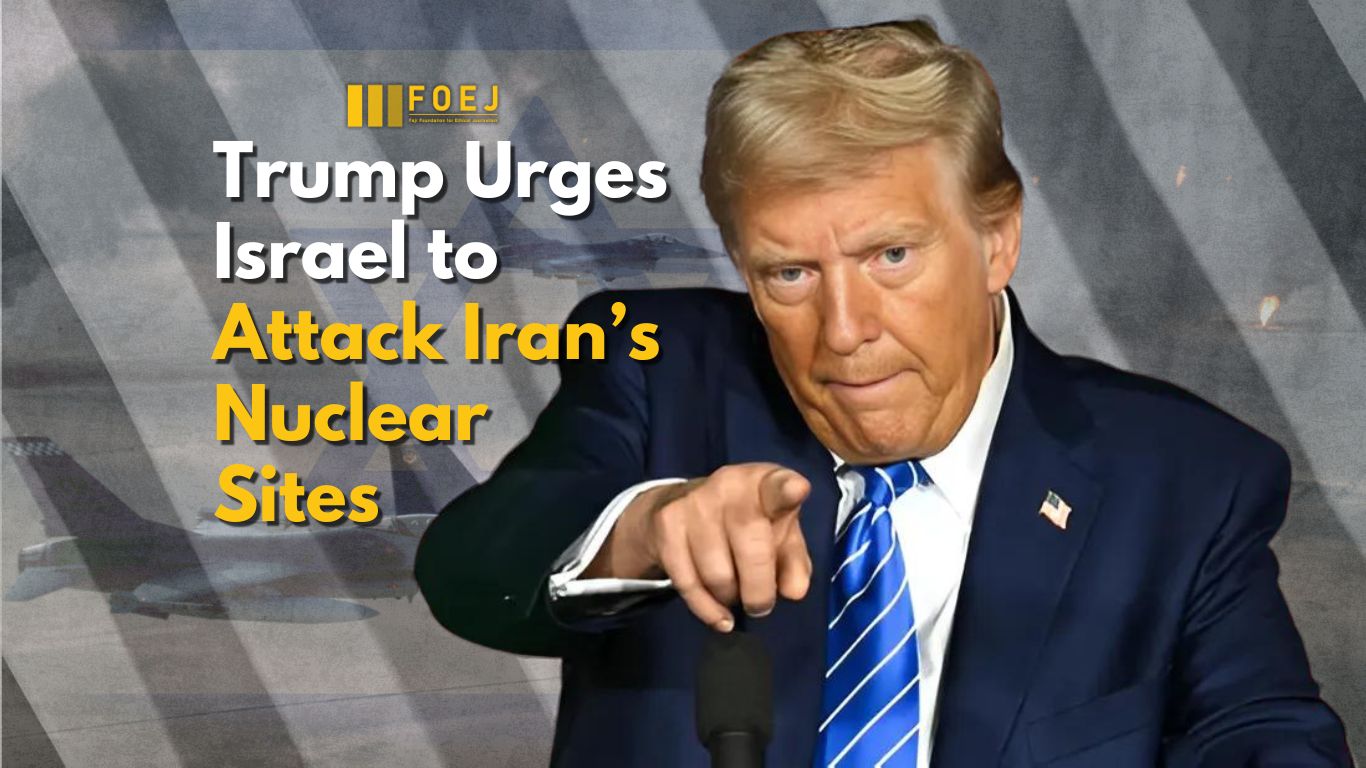While speaking at a campaign event in North Carolina on Friday, former US President Donald Trump has urged Israel to strike Iran’s nuclear facilities in response to recent missile attacks from the Islamic republic.
Trump’s statement reportedly came after President Joe Biden was asked earlier this week about his stance on Israeli strikes on Iran’s nuclear sites. “The answer is no,” Biden said.
Trump’s Reaction on Biden’s Stance
Taking a jab at Biden’s response, Trump said, “They asked him, what do you think about Iran, would you hit Iran? And he goes, ‘As long as they don’t hit the nuclear stuff.’ That’s the thing you want to hit, right?” Trump continued, “Isn’t that what you’re supposed to hit? I mean, it’s the biggest risk we have, nuclear weapons.”
At an event in Fayetteville, Trump said that the focus should be on neutralizing nuclear threats.“When they asked him that question, the answer should have been, hit the nuclear first, and worry about the rest later,” Trump said.
Biden’s Stance on Israel’s
During a surprise press briefing on Friday, President Biden highlighted a different approach, urging Iran to explore alternative strategies to handle the situation. He suggested that Israel should consider targeting Iran’s oil facilities to prevent further escalation in the Middle East. Following the launch of nearly 200 missiles by Iran towards Israel, Biden reiterated Israel’s right to self-defense but emphasized that its response should be proportional. “We’ll be discussing with the Israelis what they’re going to do,” Biden stated, adding that G7 members support Israel’s right to respond, as long as it remains proportionate.
In recent days, Trump has largely remained silent on the Middle East conflict. However, this week, he issued a strong statement blaming President Biden and Vice President Kamala Harris for the escalating tensions in the region. Trump is currently locked in a fierce presidential race against Harris, the Democratic nominee.
The situation in the Middle East remains fluid, with both sides keenly observing the responses of the U.S. administration and its political leaders to the ongoing developments.









